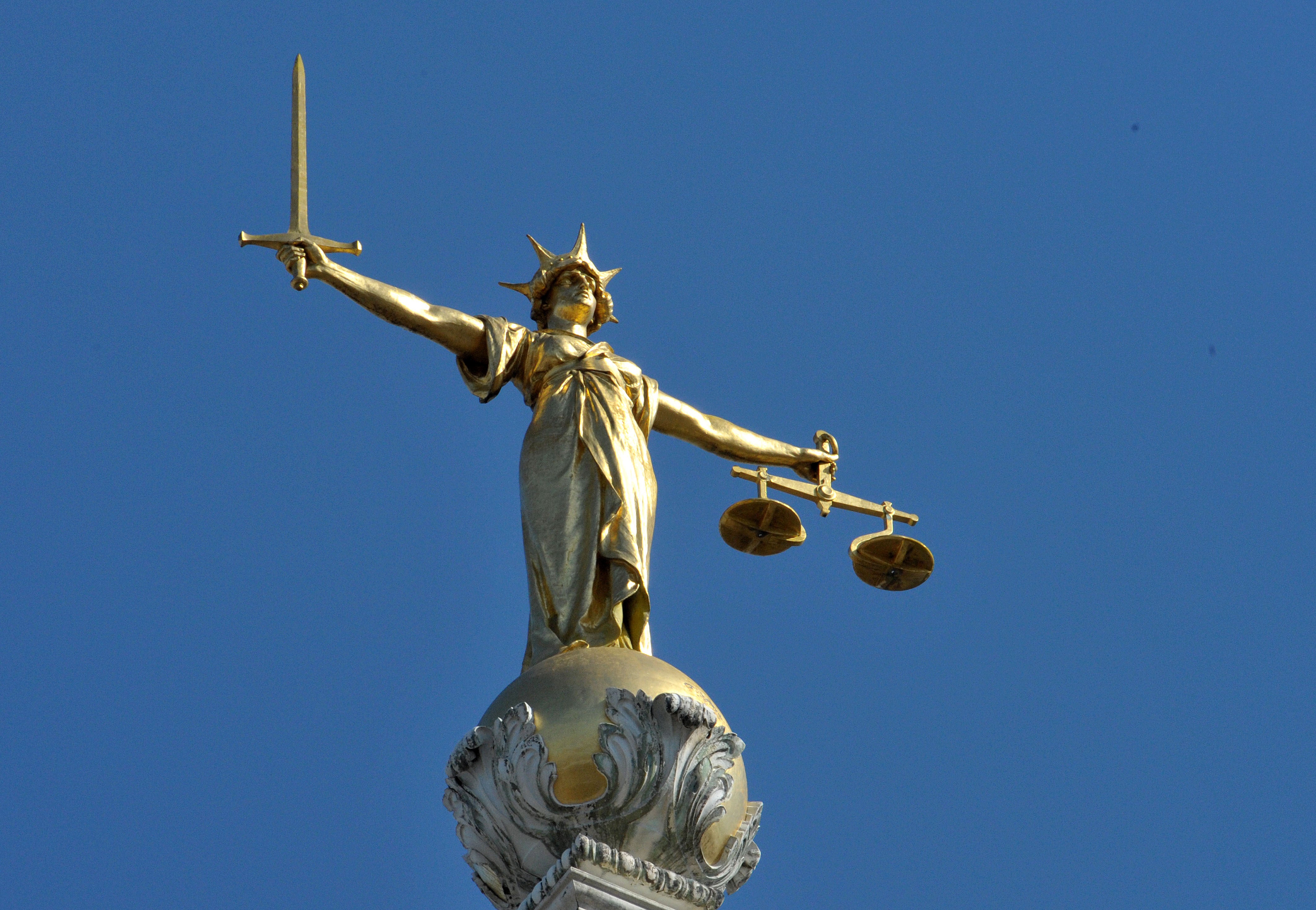Raab promises to put victims ‘firmly at heart of justice system’
The Justice Secretary is publishing draft legislation which could pave the way for the first victims’ law in a bid to provide better support.

Your support helps us to tell the story
From reproductive rights to climate change to Big Tech, The Independent is on the ground when the story is developing. Whether it's investigating the financials of Elon Musk's pro-Trump PAC or producing our latest documentary, 'The A Word', which shines a light on the American women fighting for reproductive rights, we know how important it is to parse out the facts from the messaging.
At such a critical moment in US history, we need reporters on the ground. Your donation allows us to keep sending journalists to speak to both sides of the story.
The Independent is trusted by Americans across the entire political spectrum. And unlike many other quality news outlets, we choose not to lock Americans out of our reporting and analysis with paywalls. We believe quality journalism should be available to everyone, paid for by those who can afford it.
Your support makes all the difference.The Government has promised to put the “needs and voices” of victims “firmly at the heart of the justice system” with a series of legal reforms.
Justice Secretary Dominic Raab is publishing draft legislation which could pave the way for the first victims’ law in a bid to provide better support and increase the conviction rate.
In an overhaul of the current provisions, prosecutors will be told they need to meet victims in certain cases before a trial to hear their views.
There will be also be a 20% increase in the victim surcharge penalty fee paid by convicted criminals when sentenced. This will help fund services like rape support centres and is estimated to raise an extra £20million by 2025.
Mr Raab said: “No victim should feel lost in a faceless system. We’re amplifying victims’ voices, boosting their rights at every stage and making criminals pay more to help victims recover.
“We’re doing this because it is morally the right thing to do to strengthen the care for victims, but also because it is operationally critical to drive up convictions – and keep our streets safe.”
According to the Ministry of Justice (MoJ), there will also be “greater accountability” on the Crown Prosecution Service and the police, with victims given “clearer routes of redress if they do not receive the support they are entitled to”.
Victims will be given the right to attend Parole Board hearings in full and ask questions during the process which considers whether prisoners are suitable for release. Judges presiding over the reviews will be required to consider the victims’ views and concerns before making a decision.
This is a once in a generation opportunity to drive real culture change, requiring agencies to see, hear and help victims – if necessary, with real consequences if this does not happen
Under the proposals, ministers will be able to order criminal justice watchdogs to carry out regular inspections on victims’ issues. A new duty will be placed on police and crime commissioners, councils and health boards to work together to commission effective support for sex and domestic abuse victims.
Victims will no longer have to go through their MP before complaining to the Parliamentary and Health Service Ombudsman.
Dame Vera Baird, the Victims’ Commissioner for England and Wales, previously welcomed the plans, describing them as a “once in a generation opportunity to drive real culture change, requiring agencies to see, hear and help victims – if necessary, with real consequences if this does not happen”.
The proportion of suspects being taken to court is at a record low and remains the lowest for rape cases.
According to Home Office figures, only 5.8% of crimes in England and Wales resulted in a charge or summons in 2021 – the lowest level since records began six years earlier.
This meant suspects were charged or ordered to appear in court on 274,421 occasions in that period.
The lowest charging rate continues to be for rape, with 1.3% of 67,125 offences recorded by police last year leading to prosecution.